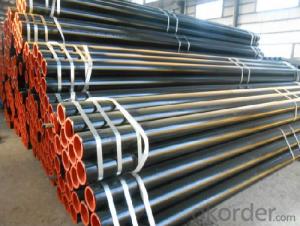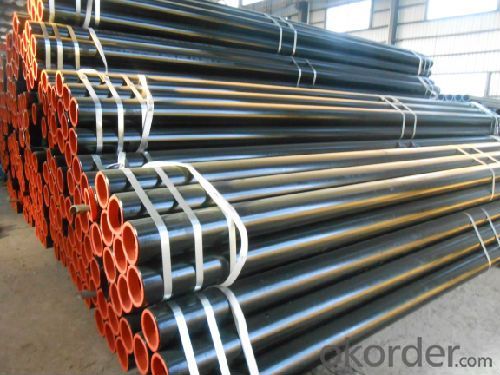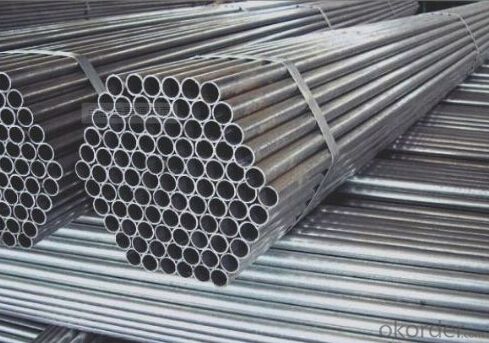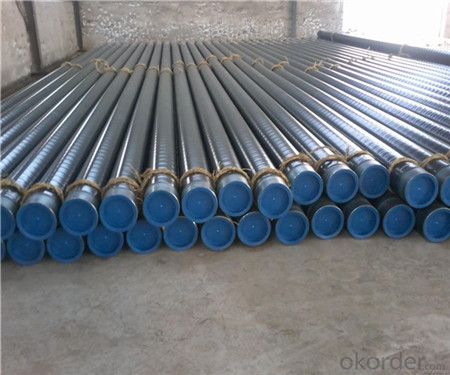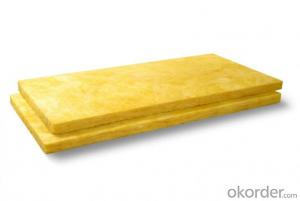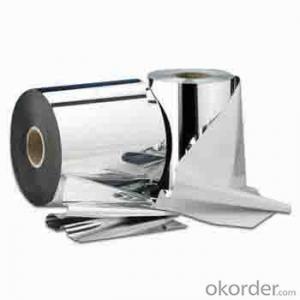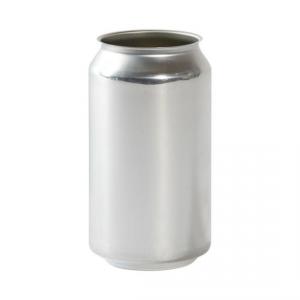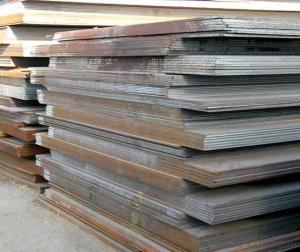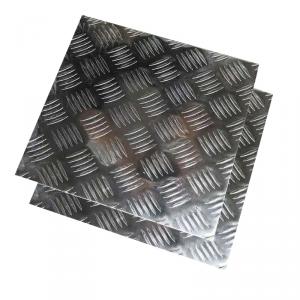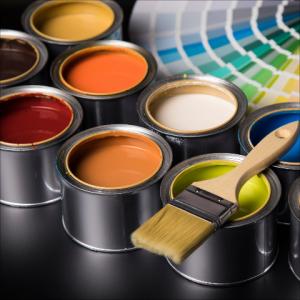Round Mild Steel Pipes - Hot Rolled Steel Tube Steel Weld Pipe Factory
- Loading Port:
- China main port
- Payment Terms:
- TT or LC
- Min Order Qty:
- 30 m.t.
- Supply Capability:
- 12000 m.t./month
OKorder Service Pledge
OKorder Financial Service
You Might Also Like
1、Full series of products provides an easier access for one stop purchase
▲ Line pipe
▲ Tubing and casing
▲ L & M & H boiler tube
▲ Gas cylinder tube & pipe
▲ Mechanical & Structural pipe
▲ Ship-building tube & pipe
▲ Automobile tube & pipe
1.Seamless pipe professor
2.MTC,ISO,API certificate
3.ASTM,DIN,BS,JIS,GB
4.On time delivery
5.Big store,excellent package
2、Main Features of the Seamless Pipe ASTM A106/53:
• High manufacturing accuracy
• High strength
• Small inertia resistance
• Strong heat dissipation ability
• Good visual effect
• Reasonable price
3、Seamless Pipe ASTM A106/53 Specification:
Standard | GB, DIN, ASTM ASTM A106-2006, ASTM A53-2007 |
Grade | 10#-45#, 16Mn |
Thickness | 8 - 33 mm |
Section Shape | Round |
Outer Diameter | 133 - 219 mm |
Place of Origin | Shandong, China (Mainland) |
Secondary Or Not | Non-secondary |
Application | Hydraulic Pipe |
Technique | Cold Drawn |
Certification | API |
Surface Treatment | factory state or painted black |
Special Pipe | API Pipe |
Alloy Or Not | Non-alloy |
Length | 5-12M |
Outer Diameter | 21.3-610mm |
Grade | 20#, 45#, Q345, API J55, API K55, API L80, API N80, API P110, A53B |
Standard | ASME, ASTM |
4、Packaging & Delivery
Packaging Details: | seaworthy package,bundles wrapped with strong steel strip |
Delivery Detail: | 15-30days after received 30%TT |
5、FAQ of Seamless Pipe ASTM A106/53:
①How is the quality of your products?
Our products are manufactured strictly according to national and internaional standard, and we take a test
on every pipe before delivered out. If you want see our quality certifications and all kinds of testing report, please just ask us for it.
Guaranteed: If products’ quality don’t accord to discription as we give or the promise before you place order, we promise 100% refund.
②How about price?
Yes, we are factory and be able to give you lowest price below market one, and we have a policy that “ for saving time and absolutely honest business attitude, we quote as lowest as possible for any customer, and discount can be given according to quantity”,if you like bargain and factory price is not low enough as you think, just don’t waste your time.Please trust the quotation we would give you, it is professional one.
6、Seamless Pipe ASTM A106/53 Images:
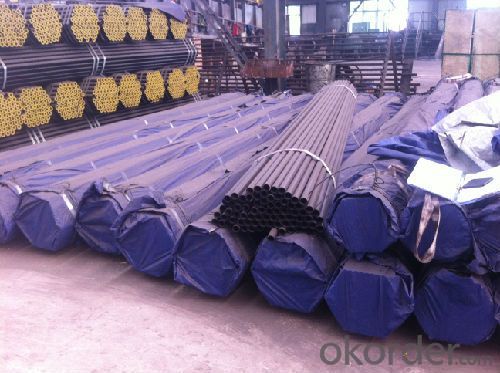
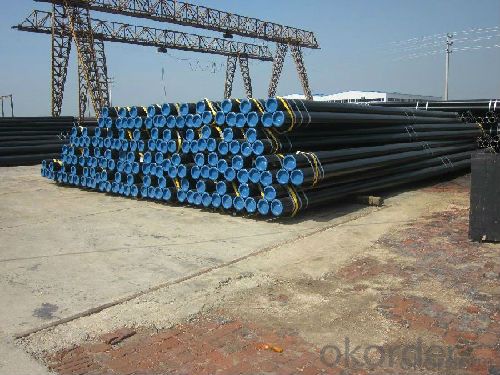
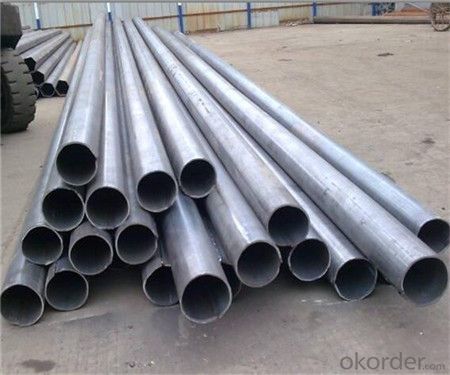
- Q:What are the different types of steel pipe coatings for nuclear power plants?
- There are several types of steel pipe coatings used in nuclear power plants, including epoxy coatings, polyethylene coatings, fusion bonded epoxy coatings, and coal tar enamel coatings. These coatings are applied to steel pipes to provide protection against corrosion, enhance durability, and maintain the integrity of the pipes in the demanding environment of nuclear power plants.
- Q:Are steel pipes suitable for offshore drilling platforms?
- Yes, steel pipes are suitable for offshore drilling platforms. Steel pipes have been used extensively in the offshore drilling industry due to their strength, durability, and corrosion resistance. Offshore drilling platforms operate in harsh marine environments where they are exposed to saltwater, extreme pressure, and temperature variations. Steel pipes are able to withstand these conditions and provide a reliable and long-lasting solution for transporting fluids such as oil and gas from the seabed to the surface. Additionally, steel pipes can be welded together, allowing for easy installation and maintenance on offshore drilling platforms. Overall, steel pipes have proven to be a suitable choice for offshore drilling platforms due to their robustness and ability to withstand the challenging conditions of the marine environment.
- Q:How are steel pipes protected from corrosion?
- Steel pipes are protected from corrosion through various methods such as applying protective coatings, galvanizing the pipes, or using corrosion inhibitors.
- Q:How are steel pipes used in the manufacturing of scaffolding?
- Steel pipes are commonly used in the manufacturing of scaffolding as they provide structural support and stability. These pipes are used to create the framework of the scaffolding structure, allowing workers to safely access and work at heights. The steel pipes are connected and secured together using couplers, providing a strong and reliable base for the scaffolding system.
- Q:How are steel pipes resistant to corrosion?
- Steel pipes are resistant to corrosion due to the protective layer formed on their surface. This layer, also known as a passive film, is created through the presence of chromium in the steel. It acts as a barrier, preventing oxygen and moisture from reaching the underlying metal, thus inhibiting the corrosion process. Additionally, steel pipes can also be coated with anti-corrosive materials like zinc or epoxy, providing an extra layer of protection against rust and other corrosive elements.
- Q:Are steel pipes suitable for underground nuclear waste storage?
- Steel pipes are not suitable for underground nuclear waste storage. While steel is a strong and durable material, it is not resistant to corrosion when exposed to certain types of nuclear waste. Over time, the radioactive materials can corrode the steel pipes, leading to potential leaks and contaminating the surrounding environment. Additionally, steel pipes are not designed to withstand the extreme temperatures and pressures that can occur in nuclear waste storage facilities. Therefore, alternative materials such as corrosion-resistant alloys or concrete are typically used for underground nuclear waste storage to ensure the containment and isolation of the hazardous materials.
- Q:How do you determine the maximum allowable stress for a steel pipe?
- To determine the maximum allowable stress for a steel pipe, several factors need to be considered. These include the material properties of the steel, such as its yield strength, ultimate tensile strength, and elongation. Additionally, the pipe's dimensions, wall thickness, and the intended application or service conditions must be taken into account. By considering these factors, along with relevant design codes and standards, engineers can calculate the maximum stress that the steel pipe can safely withstand without experiencing failure.
- Q:Can steel pipes be used for heating and cooling systems?
- Yes, steel pipes can be used for heating and cooling systems. Steel pipes are commonly used in HVAC (heating, ventilation, and air conditioning) systems due to their durability, strength, and resistance to high temperatures. They are especially suitable for transporting hot water or steam for heating purposes and can also handle the circulation of chilled water for cooling systems.
- Q:Can steel pipes be used for underground irrigation systems?
- Yes, steel pipes can be used for underground irrigation systems. Steel pipes are durable, corrosion-resistant, and can withstand high pressure, making them suitable for underground applications. However, it is important to ensure proper coating and protection against corrosion to maintain their longevity in underground environments.
- Q:What is the difference between hot-dip galvanizing and electroplating of steel pipes?
- Hot-dip galvanizing and electroplating are two different methods of applying a protective coating to steel pipes. Hot-dip galvanizing involves immersing the steel pipes in a bath of molten zinc, which creates a thick, durable coating that provides excellent corrosion protection. On the other hand, electroplating involves passing an electric current through a solution containing zinc ions, which causes the zinc to bond to the surface of the steel pipes. While electroplating can provide a thinner coating, it is generally less durable and may require additional layers or coatings for sufficient corrosion resistance.
1. Manufacturer Overview |
|
|---|---|
| Location | |
| Year Established | |
| Annual Output Value | |
| Main Markets | |
| Company Certifications | |
2. Manufacturer Certificates |
|
|---|---|
| a) Certification Name | |
| Range | |
| Reference | |
| Validity Period | |
3. Manufacturer Capability |
|
|---|---|
| a)Trade Capacity | |
| Nearest Port | |
| Export Percentage | |
| No.of Employees in Trade Department | |
| Language Spoken: | |
| b)Factory Information | |
| Factory Size: | |
| No. of Production Lines | |
| Contract Manufacturing | |
| Product Price Range | |
Send your message to us
Round Mild Steel Pipes - Hot Rolled Steel Tube Steel Weld Pipe Factory
- Loading Port:
- China main port
- Payment Terms:
- TT or LC
- Min Order Qty:
- 30 m.t.
- Supply Capability:
- 12000 m.t./month
OKorder Service Pledge
OKorder Financial Service
Similar products
New products
Hot products
Hot Searches
Related keywords
